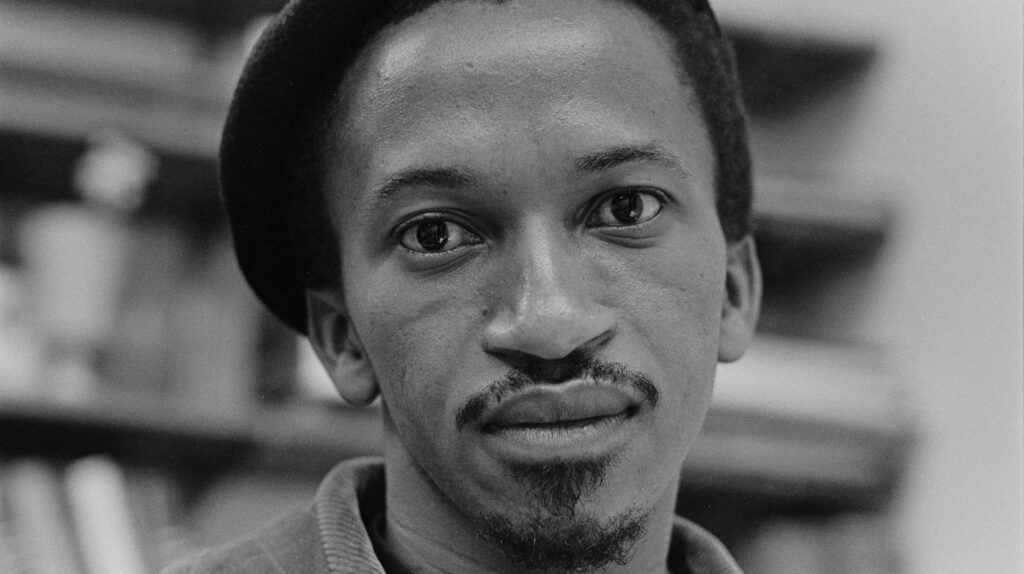
(***)
So many artists struggle. Often never recognized for their contributions until after their death. Ernest Cole is one. An archetype.
In one way, this humble, enlightening documentary is an ode to a brave South African photojournalist. In another, it’s a salute to those who create works of art and never get the flowers they deserve in their lifetime. And so, when visionary filmmakers like Raoul Peck (I Am Not Your Negro) salute pioneers and their work it’s a double blessing.
Ernest Levi Tsoloane Cole was born in 1940, in Pretoria, South Africa. He went to school until 1953, when the Bantu Education Act segregated education pushed Native South Africans towards labor and not higher education. Nonetheless, he completed his diploma by correspondence at Wolsey Hall, Oxford. That early experience with Apartheid, when he was deprived, suffered and yet found ways to accomplish his goals, set a life pattern for him. It gave him a fortitude that propelled him forward.
The subject of systematic racism informed his illuminating black and white photography. Candid images of South African life spotlighted the evils of separatism, its enforcers and those who would endure. In the ‘60s, after he escaped to New York and became exiled, he published his photojournalism book House of Bondage (1967) with Random house. It decried the evil and hate 300 years of White Supremacy had unleashed on his homeland. More books, grants and acclaim followed. But not enough to keep Cole away from a life of poverty and homelessness.
Astutely and meticulously Peck recreates the photographer’s life. The breakthroughs, setbacks and sad ending. Photos, anecdotes by friends and interviews with associates fill in the chapters that are missing. But the most revealing account of his days, opinions and worries are in Cole’s own writing. Oscar-nominated actor Lakeith Stanfield (Judas and the Black Messiah) hauntingly whispers Cole’s thoughts and observations in touching voiceovers. It makes you feel like Cole is in the room. Like he’s here divulging secrets, bearing witness, denouncing bigotry and hoping for the day Apartheid is gone and Black South Africans are free. “We study the white man’s language only to learn the terms of our servitude.”
Cole’s own photos take viewers on his life voyage. A jazzy music score embellishes (composer Alexi Aigui). All images seem well organized and edited into the footage (editor Alexandra Strauss). Credit the cinematography (Wolfgang Held and Moses Tau) for giving the film a look that reflects the period and the somberness of the interviewees who seem very sympathetic to Coles struggles.
As you see and hear how an intellectual fought racism with his photos and words and never found enough support to keep a roof over his head it’s a sobering realization. Artists like him, in real time, need to be supported. Peck makes that case for those who create ways to tell truths and deserve compensation.
A very respectful doc about a man who knew the evils of racism and expressed his contempt and rage in powerful photos and prose. Words that indict old South Africa: “Acknowledge that you were wrong, without any consequences whatsoever, and just enjoy your loot.” That truth can’t be denied. Cole has the receipts and Peck is showing them.
Trailer: https://www.youtube.com/watch?v=JXn694Of4d8
Photo courtesy of Toronto International Film Festival
For more information about the Toronto International Film Festival go to https://tiff.net/.
Visit Film Critic Dwight Brown at DwightBrownInk.com.